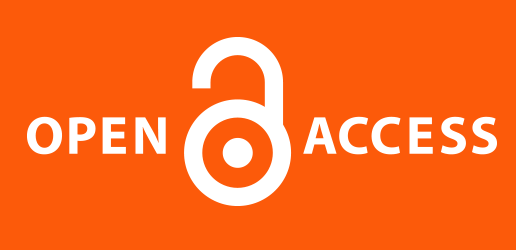Assessment of the Challenges and Opportunities of Horticultural Crops Production in South-West Shewa Zone of Oromia, Ethiopia
DOI:
https://doi.org/10.20372/au.jssd.12.1.2024.0487Keywords:
Constraints, potentials, identification, cropsAbstract
Assessment of the challenges and opportunities of horticultural crop production is essential to identify the constraints and opportunities at a preliminary step in the course of crop productivity improvement goals. In this regard, horticultural crops are highly productive relative to the field crops, and also these crops are better rich in nutrition which is vital in balancing diet for health. Based on the inquiry raised from the society as a core, this study was initiated to identify the challenges and opportunities, which helps to prioritize to locate a noticeable baseline for future intervention. Both primary, as well as secondary quantitative and qualitative data sources, were collected from potential horticulture crop-producing districts of the South-West Shewa zone. These data were analyzed by adopting SPSS software. Descriptive statistics viz., means, standard deviations, frequencies and SWOT analysis were conducted. According to this survey, if the constraining challenges (lack of money; diseases, drought, frost and insects, weather conditions; lack of market; transportation and storage house problems; and limited know-how and skill) were solved, these districts would be potential for producing horticultural crops. Besides the conducive agro-ecology and other endowments, the presence of ample labor, market options, the high interest of the farmers, etc. were great opportunities for the horticultural crop diversification and intensification in the study area. To exploit these potentials, there is a need for farmers and experts to build capacity via training, financial support, provision and adoption of recent technologies (for example improved seeds), credit facilities, and market options, crop management practices.
Downloads
Published
How to Cite
Issue
Section
License
Copyright (c) 2024 Hailu Duguma Muleta, Mosisa Chewaka Aga, Dabesa Wegari Obosha

This work is licensed under a Creative Commons Attribution-NonCommercial 4.0 International License.









